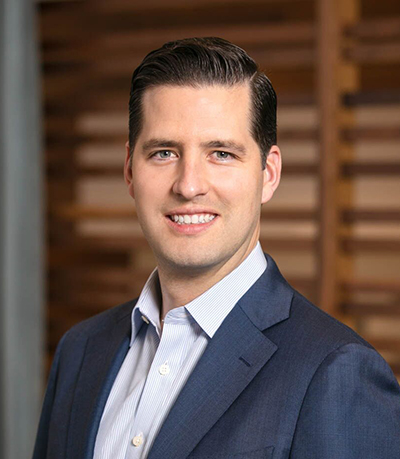Consider this: The value of disclosed healthcare deals surged almost 50% in 2018 to $63.1 billion, according to a recent report by Bain & Company. In the medical technologies space, the average deal size so far in 2019 is $174 million (excluding megadeals greater than $3 billion), according to Capital IQ.
Now consider this: Many business owners have little to no exit planning in place, even though many of them have the majority of their financial assets tied up in the business itself. In fact, it is estimated that 75% of business owners have done little or no planning for the inevitable transition of their businesses.1
The hard reality is that many medical product business owners aren’t as prepared as they could be for the opportunities presented by private capital investors. The following are some suggestions for how those business owners can successfully partner with investors who share their vision.
Recognize Not All Private Capital Is the Same
When it comes to direct investments in healthcare companies, it is important to understand that not all private capital is the same. Much of that investment comes from traditional private equity funds. One of the key concepts to understand about private equity is the “patience of the capital”.
What is meant by patient capital is the length of time that most private equity funds are willing to hold their investments. Typically, that time period is about five years. Unfortunately, that is often not long enough to fully realize the original vision of a business owner. The good news is that there are other investors out there, including families of investors, who can have a much longer time horizon. They can have the patience to let a business grow and mature.
The five-year investment hold that many private equity funds adhere to can have other frustrating consequences for healthcare business owners. Take for example a 40-year-old business owner who plans to retire or exit the business at age 60. Working with traditional private equity funds, that person might have his or her business bought and sold four times by the time he or she is 60. That could mean working with (and paying) four different investment banks, four different law firms, four different tax consequences, etc.
Keep It in the Family
For many owners of medical product companies, the business is very much a family affair that may have grown and evolved through multiple generations of family ownership. Among those families, legacy can be very important.
If you find yourself in this situation, there is once again much to consider when inviting in private capital. Many private equity funds seek a “control investment”, meaning that the fund and its management will control all aspects of the company once the deal goes through.
Fortunately, there are other investors, such as with multi-family offices, that have the flexibility to enter into limited-control investments, where the business owner maintains majority ownership. If it is important to the business owner to help steer the future direction of the company and include subsequent generations of the family in leading the business, you can achieve that with a limited-control investment.
Seek Out Cultural Compatibility
Considering a multi-year (potentially decades) long partnership with a private investment firm is not unlike courting a spouse. You want to get to know your future partner well to be sure that he or she shares your values and vision for the future.
Take the time to find a firm that gets your vision and truly appreciates your company culture. You could be in this together for a very long time, so make sure you pick the right partner.
What’s Next? Bringing It All Together
Once a deal is signed, there is still much to consider for a business owner. How should I invest the influx of wealth? What do I tell my family and friends? How can I use this wealth to make a positive impact on the world?
To help make that all happen, medical product business owners should not only look for the right partner to invests in their companies, but ideally one that can also help them preserve their newfound wealth and nurture its growth. Even better is a firm that can help the business owner and his or her family find alignment around shared values, philanthropic priorities, and educate upcoming generations around the responsibilities of wealth. Having one firm that is experienced in doing all that can be invaluable and extremely beneficial for business owners and those they love.
Reference
- Cresset Capital. (March 4, 2019). “The Pillars of Successful Pre-Transaction Planning”. Whitepaper.







